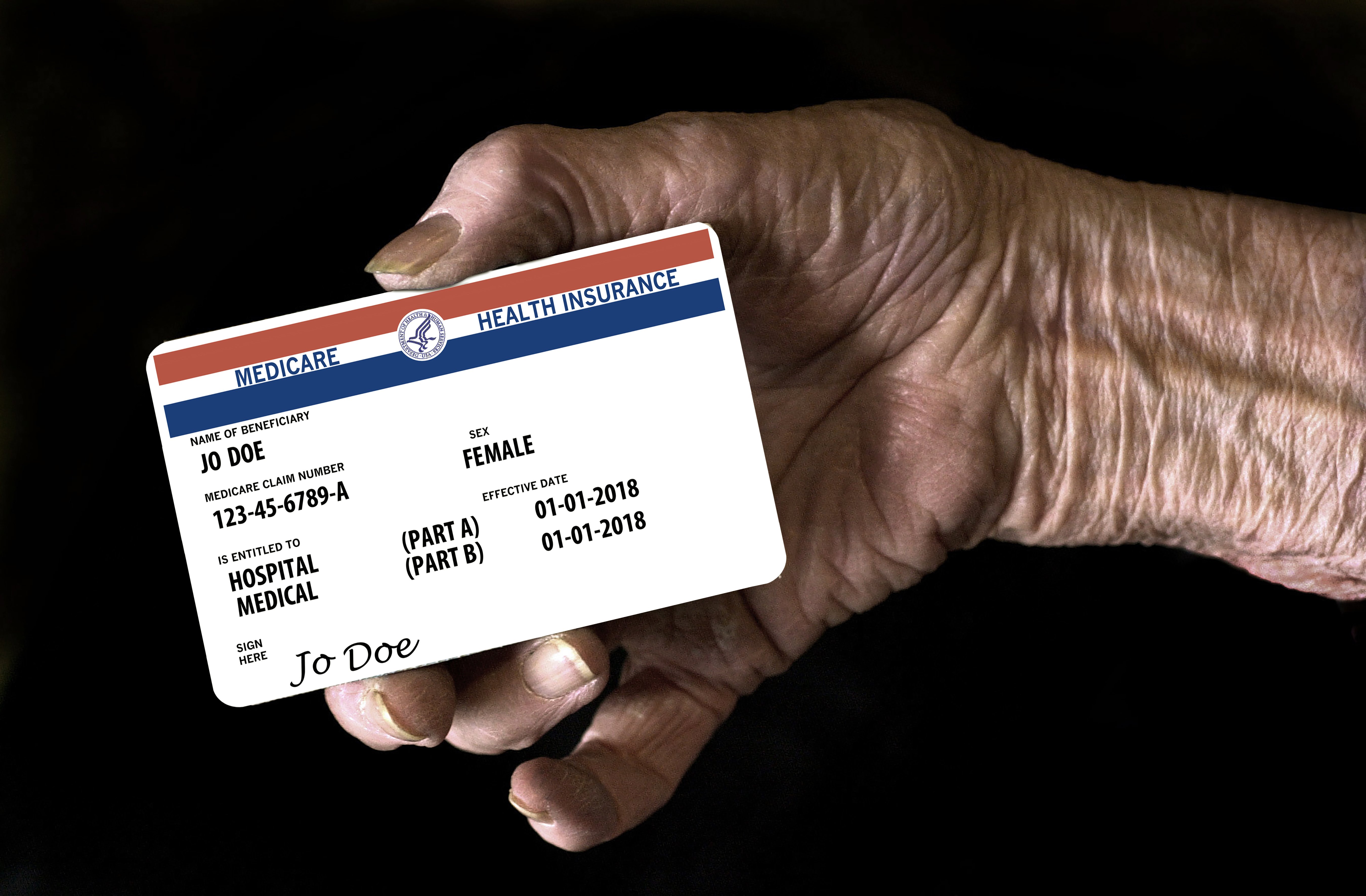2 min read
CMS releases Medicare Parts A & B premiums, deductibles and coinsurance amounts for 2023
Each year, the Centers for Medicare and Medicaid Services (CMS) updates cost-sharing requirements for the various parts of Medicare. On September 27,...

 Action Benefits
Action Benefits


.png)
